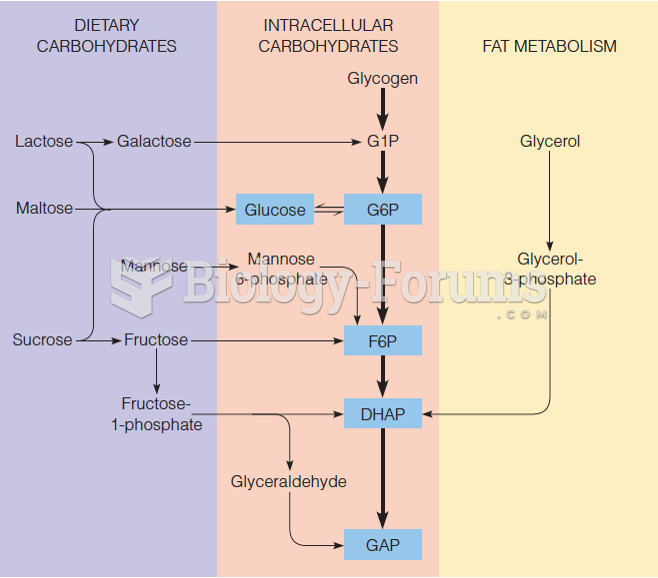|
|
|
Thyroid conditions may make getting pregnant impossible.
Adults are resistant to the bacterium that causes Botulism. These bacteria thrive in honey – therefore, honey should never be given to infants since their immune systems are not yet resistant.
During the twentieth century, a variant of the metric system was used in Russia and France in which the base unit of mass was the tonne. Instead of kilograms, this system used millitonnes (mt).
In the United States, an estimated 50 million unnecessary antibiotics are prescribed for viral respiratory infections.
Amphetamine poisoning can cause intravascular coagulation, circulatory collapse, rhabdomyolysis, ischemic colitis, acute psychosis, hyperthermia, respiratory distress syndrome, and pericarditis.
 Browning and Gunning demonstrated that placental transfer tissues increase plant reproductive succes
Browning and Gunning demonstrated that placental transfer tissues increase plant reproductive succes
 Glioma. (a) Illustration of a large glioma (colored area) within the left cerebral hemisphere in a s
Glioma. (a) Illustration of a large glioma (colored area) within the left cerebral hemisphere in a s





